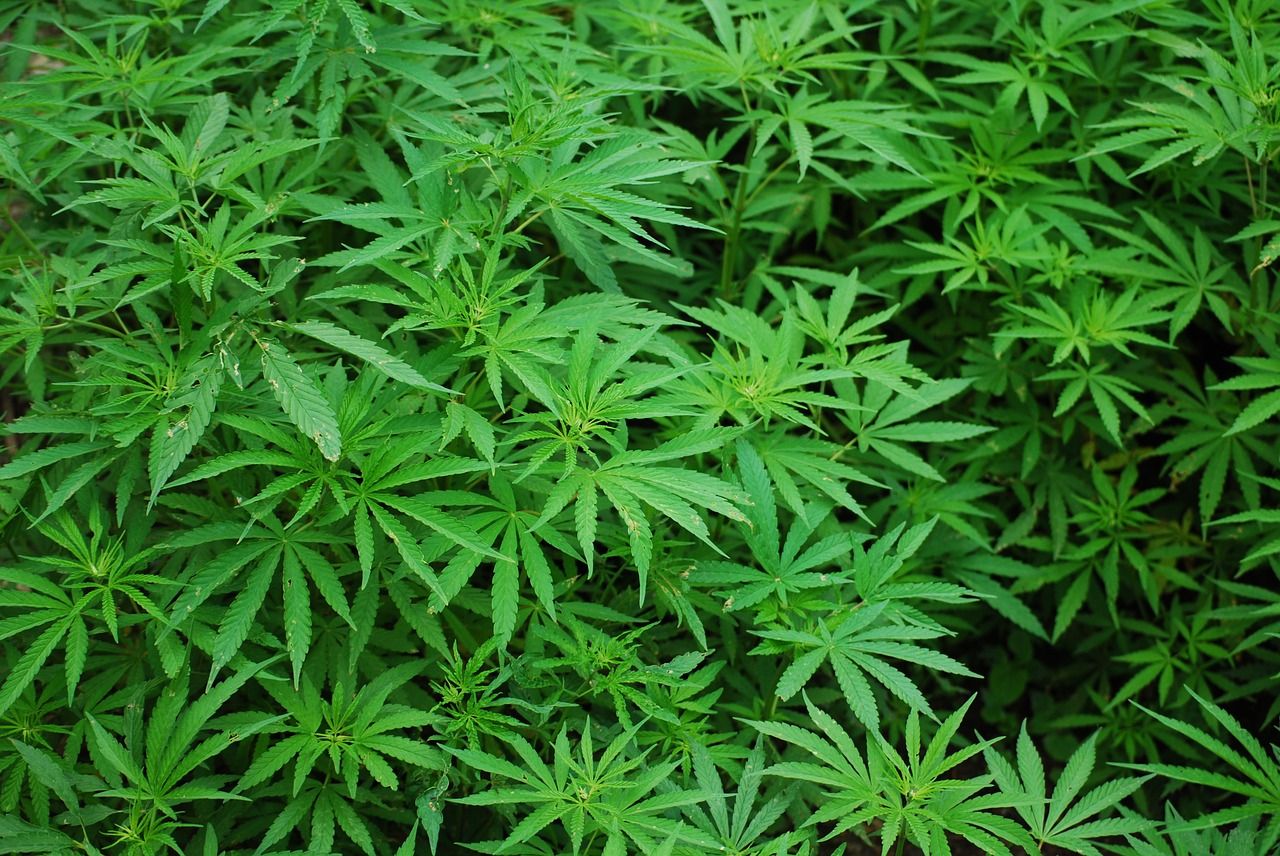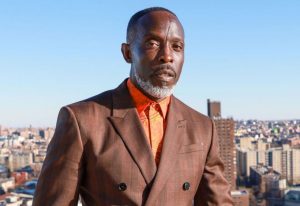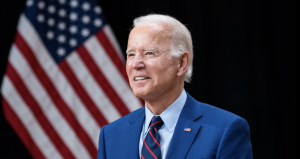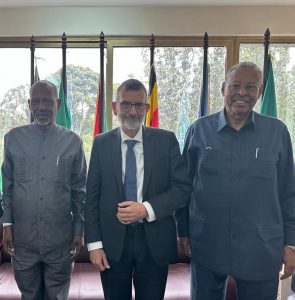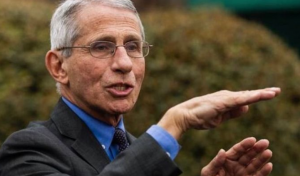The UN drug agency’s member states on Wednesday voted to remove cannabis from the most tightly controlled category of narcotic drugs, following the World Health Organisation’s recommendation to make research into its medical use easier.
The annual Commission on Narcotic Drugs voted 27-25 with one abstention to remove cannabis and cannabis resin from Schedule IV of the 1961 Single Convention on Narcotic Drugs, a global text governing drug controls, a UN statement said to Reuters.
The vote comes following a 2019 WHO recommendation that “cannabis and cannabis resin should be scheduled at a level of control that will prevent harm caused by cannabis use and at the same time will not act as a barrier to access and to research and development of cannabis-related preparation for medical use.”
Other drugs in Schedule IV include heroin, fentanyl analogues and other opioids that are dangerous and often deadly.
In comparison, Cannabis carries no significant risk of death and has also shown potential in treating pain and conditions such as epilepsy, the WHO found, as per Reuters inputs.
The U.N. statement on the meeting in Vienna of the Commission on Narcotic Drugs did not disclose which countries backed or opposed the change.
The convention states that a party to it will take “any special measures of control which in its opinion are necessary having regard to the particularly dangerous properties” of a drug listed in Schedule IV.
Also read: Pandemic impacting natural World Heritage sites, climate change remains biggest threat: IUCN
The WHO recommended that cannabis still be listed there, noting “the high rates of public health problems arising from cannabis use.”
The commission did not, however, back other WHO recommendations, such as removing “extracts and tinctures of cannabis” from Schedule I, the statement said.
Wednesday’s vote does not clear U.N. member nations to legalize marijuana under the international drug control system.
Canada and Uruguay have legalized the sale and use of cannabis for recreational purposes, while many countries around the world have decriminalized marijuana possession.
Experts say that taking cannabis off the strictest schedule could lead to the loosening of international controls on medical marijuana.

